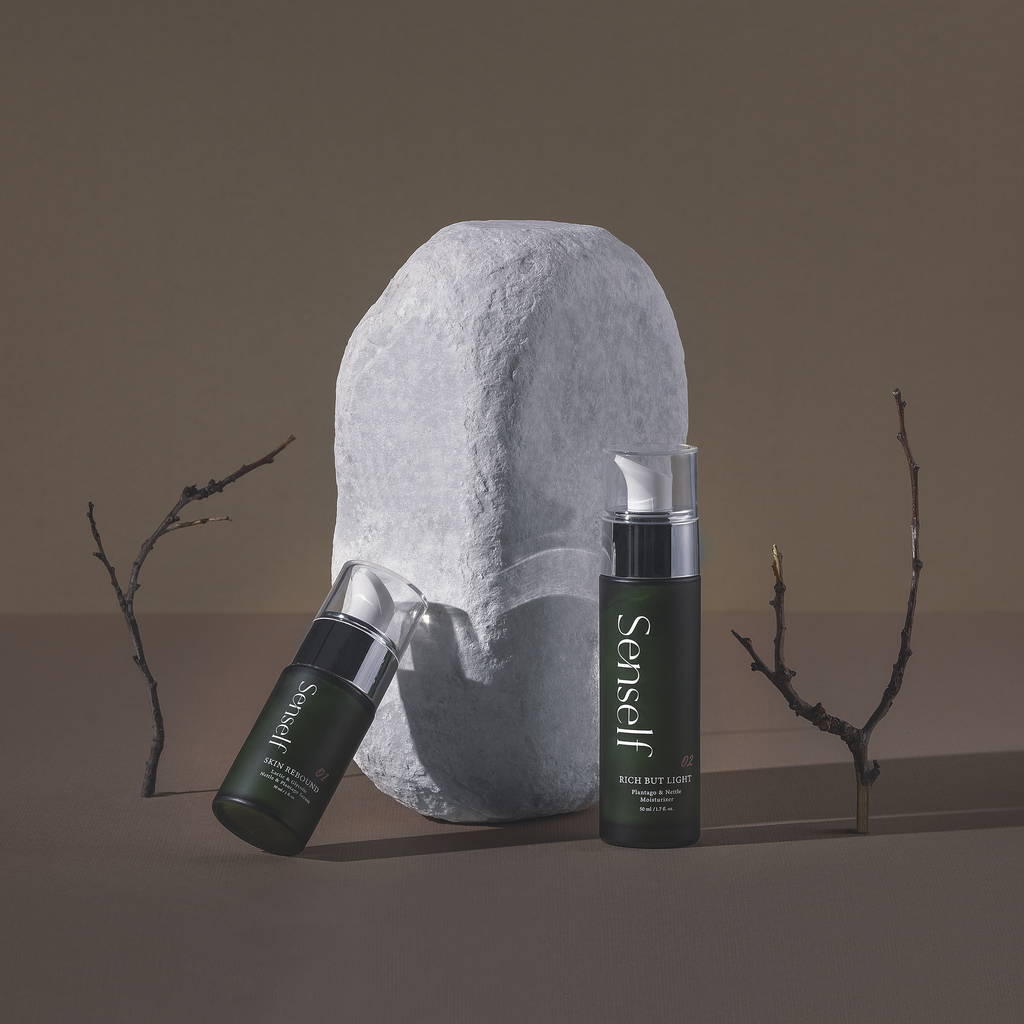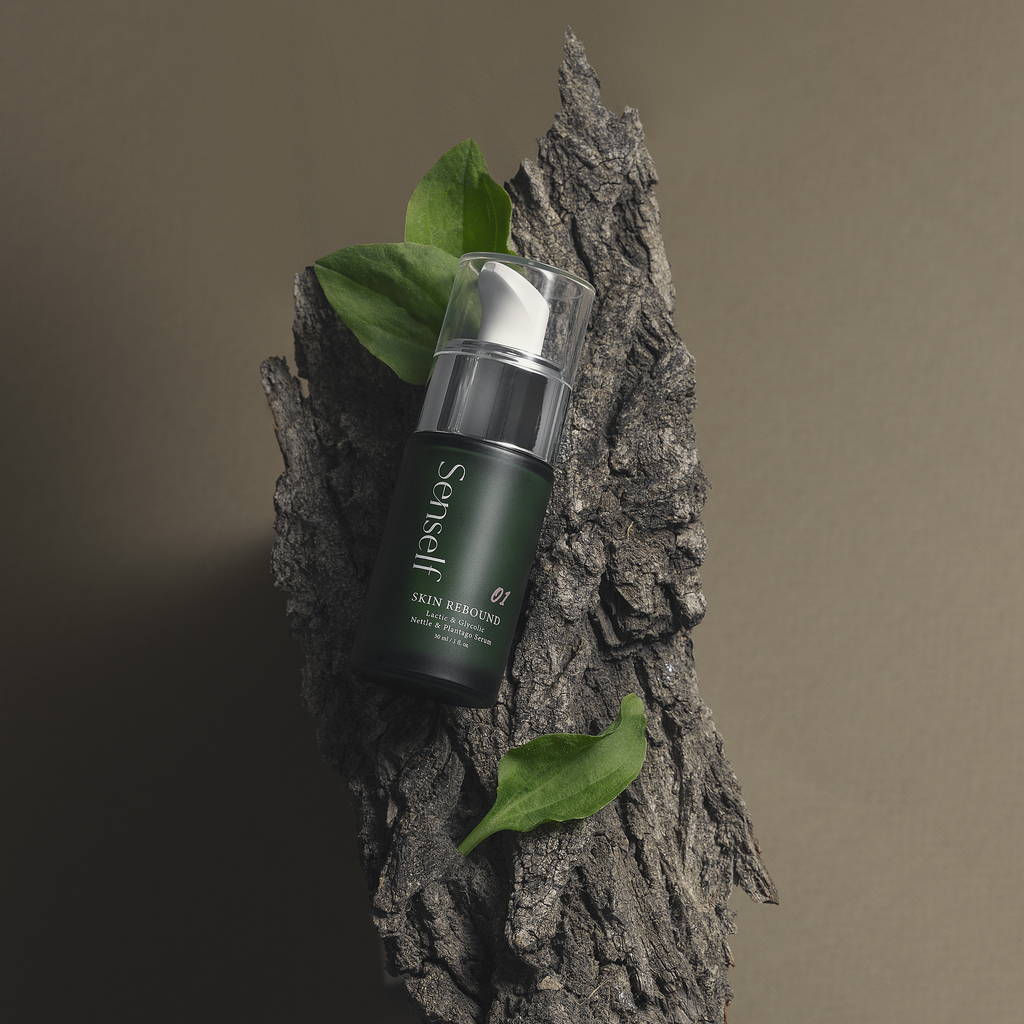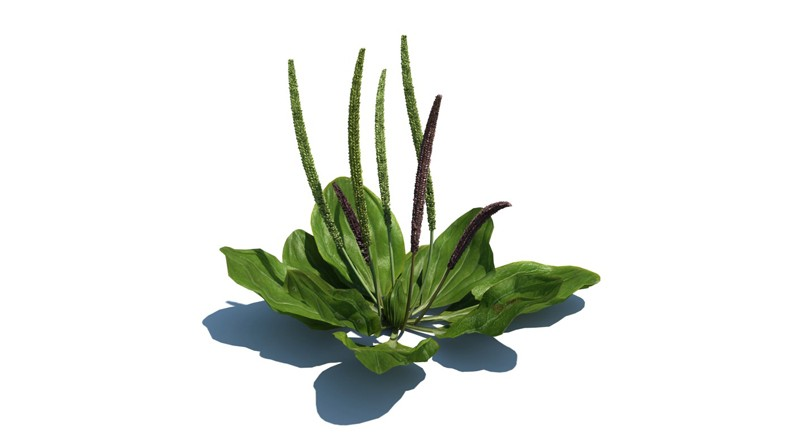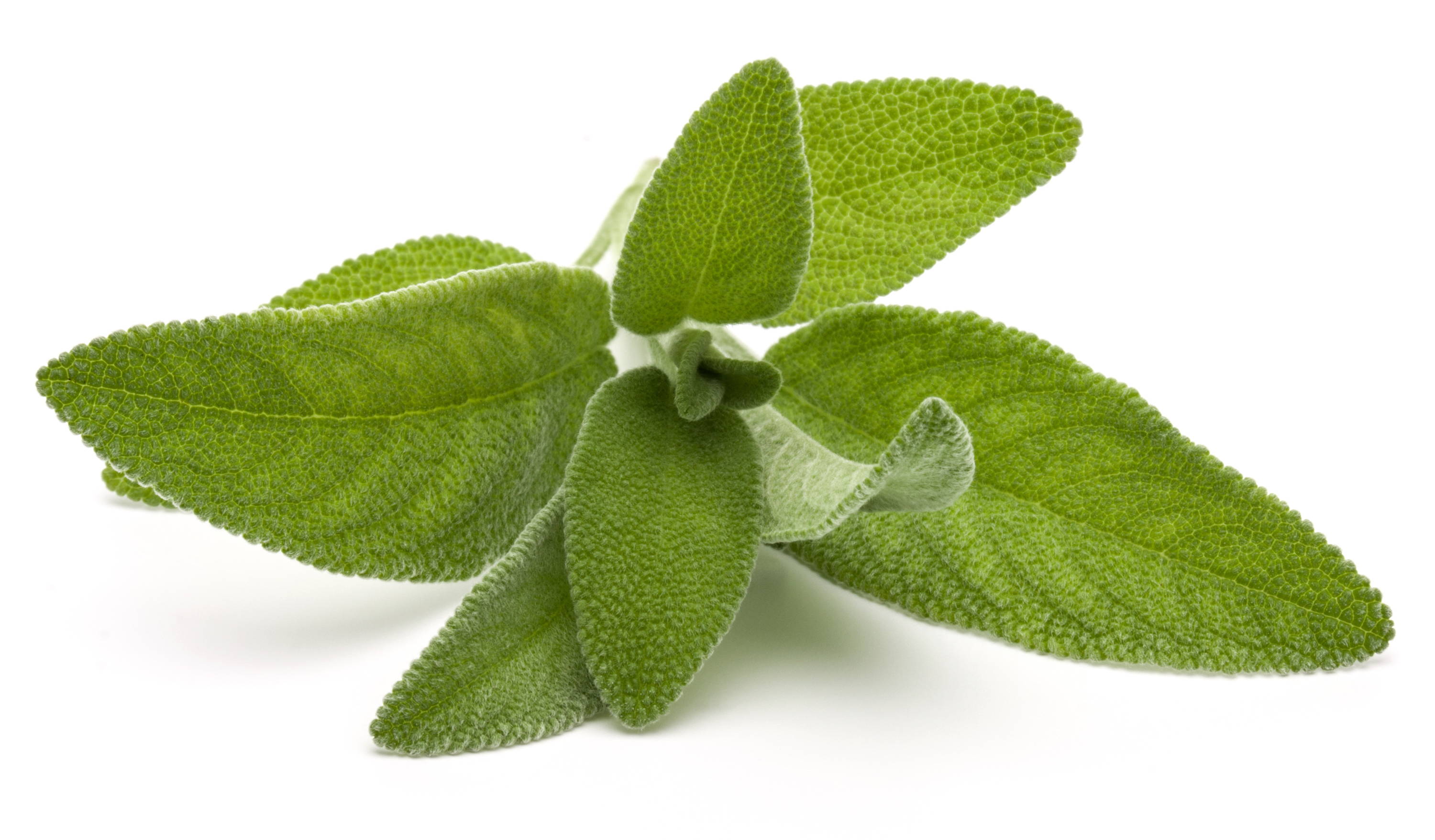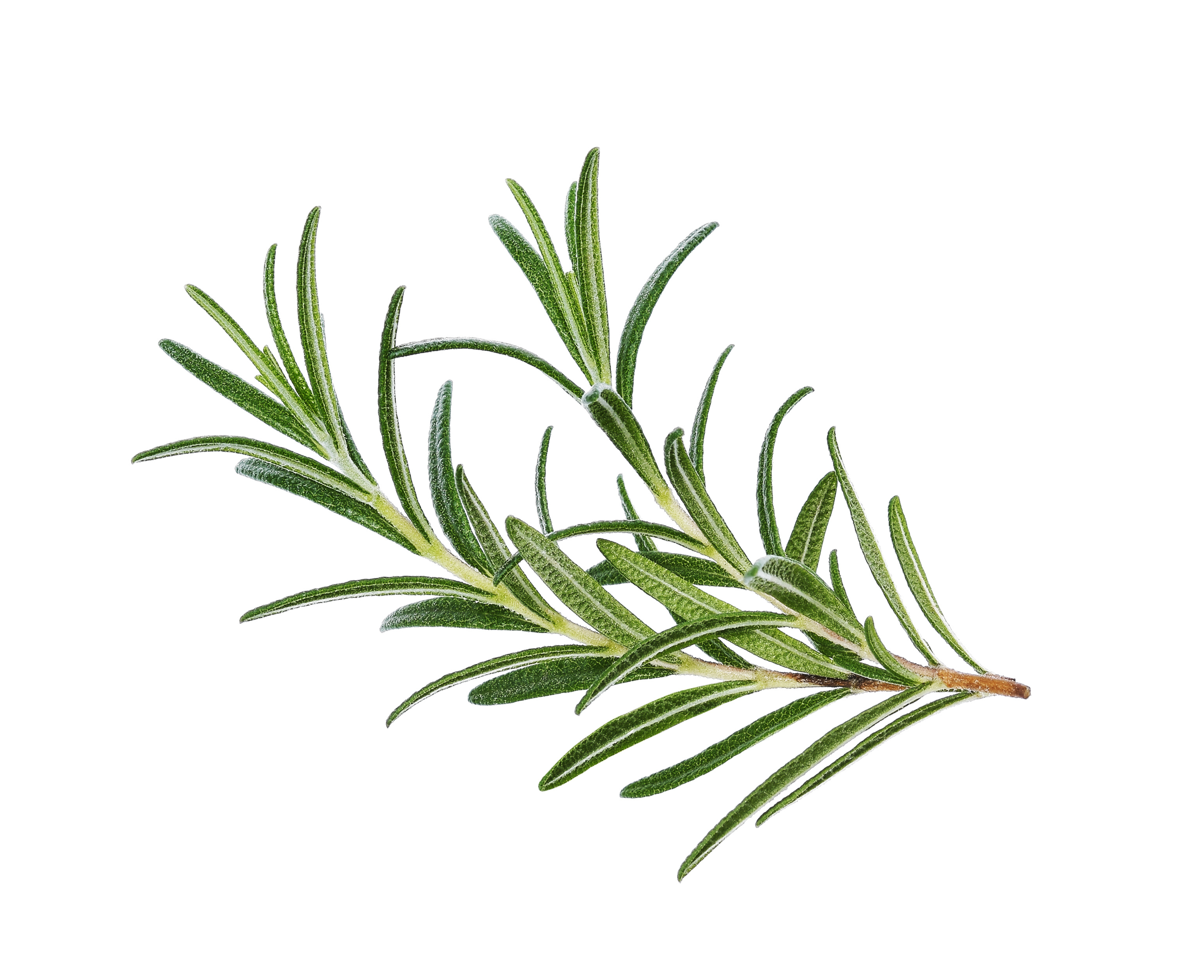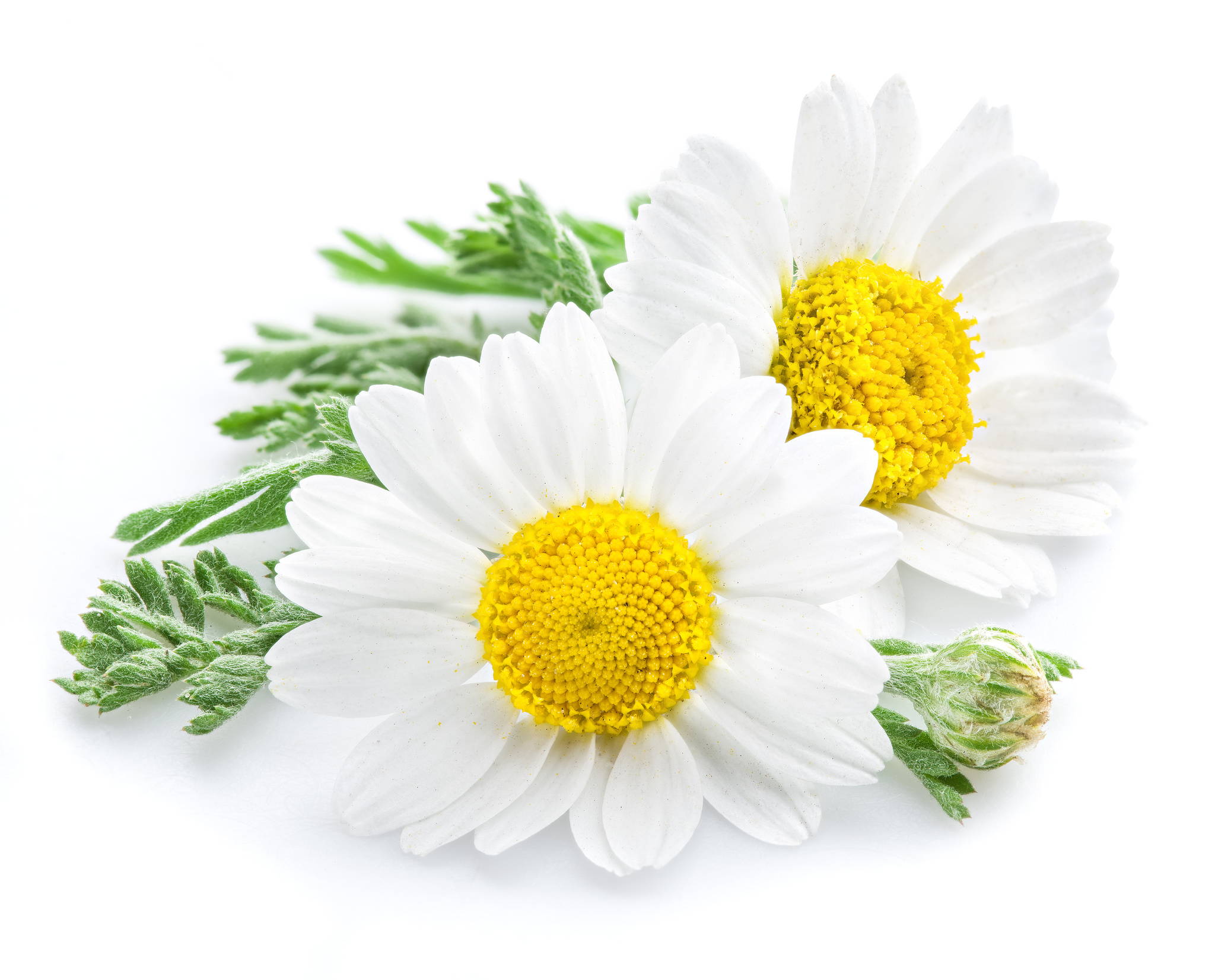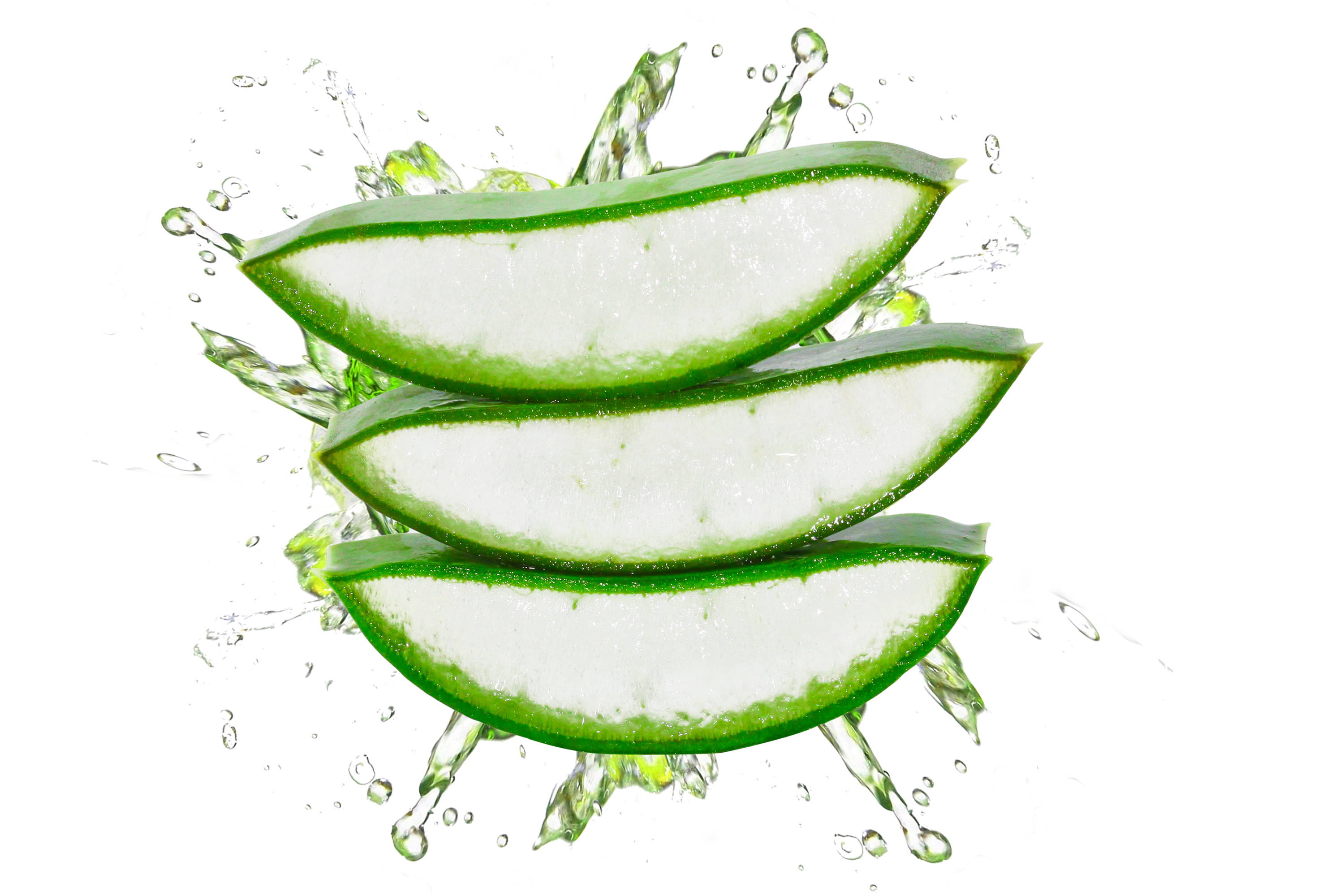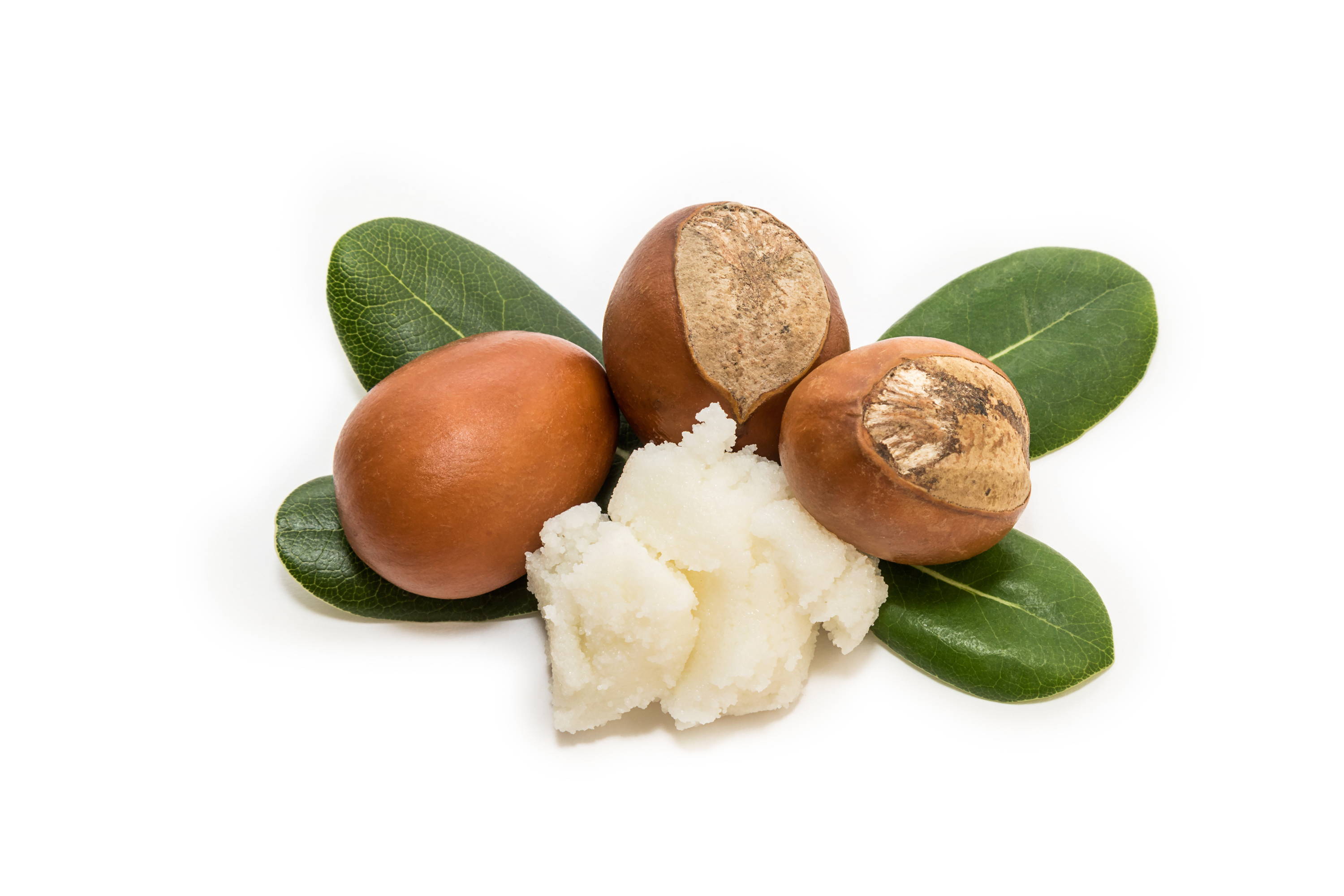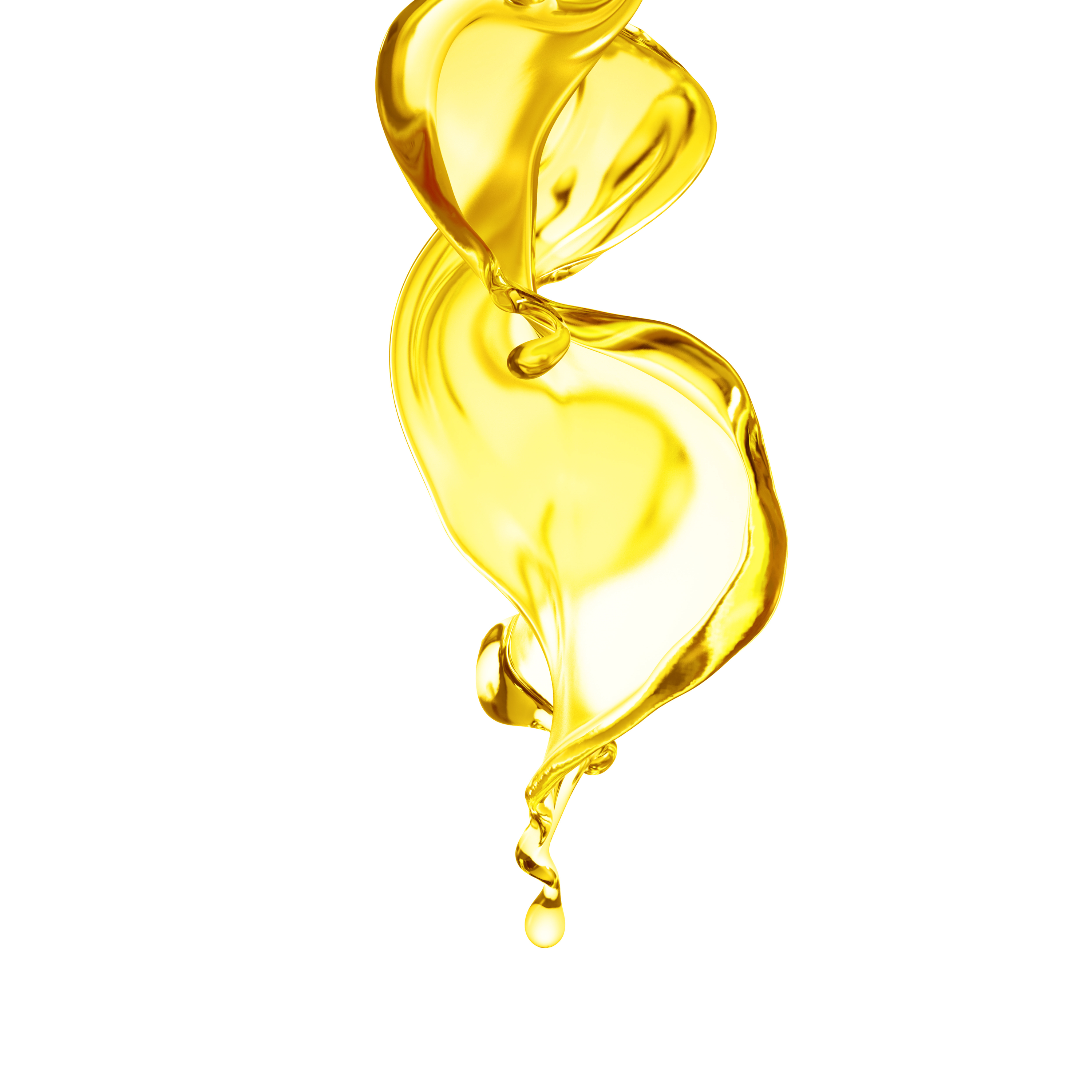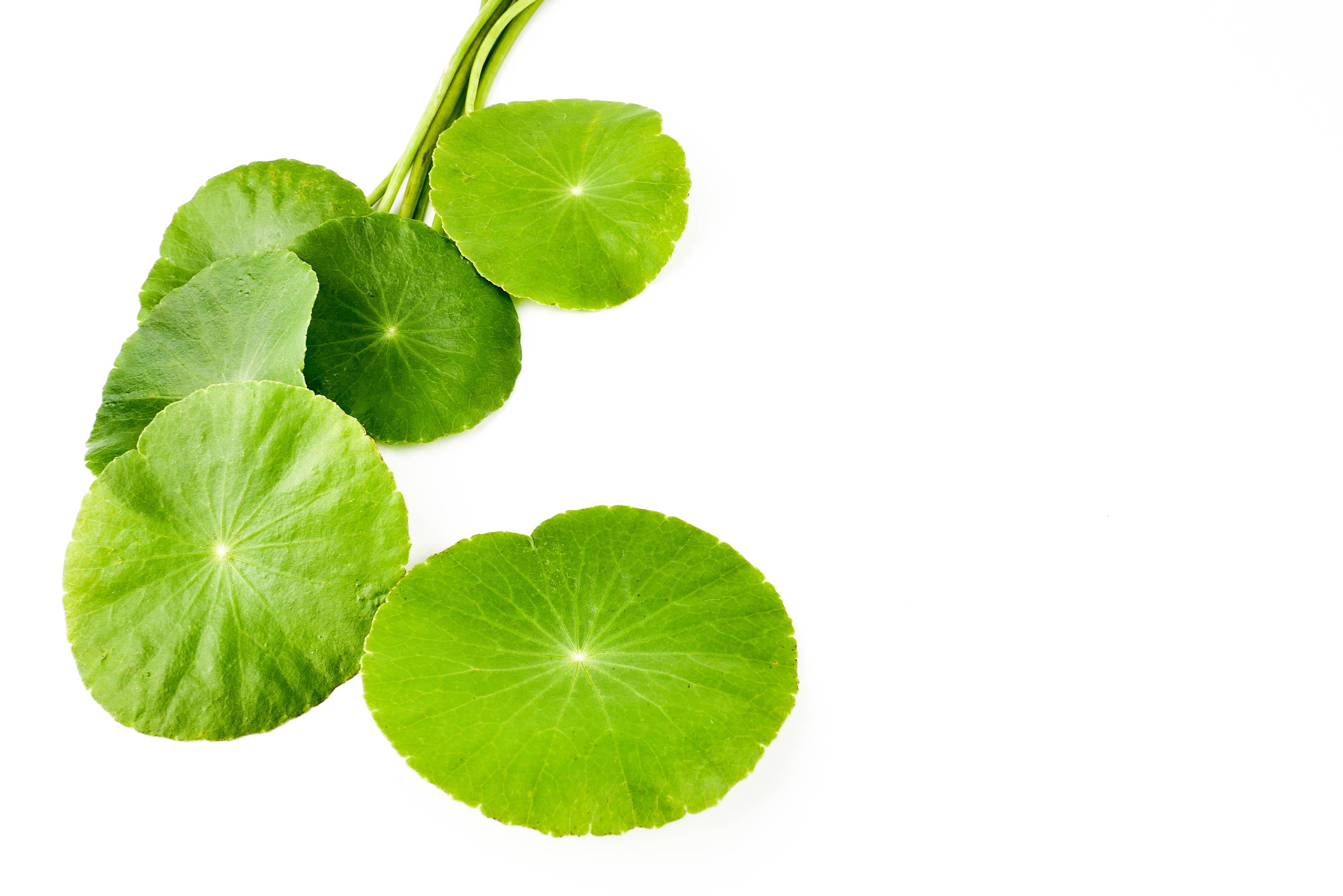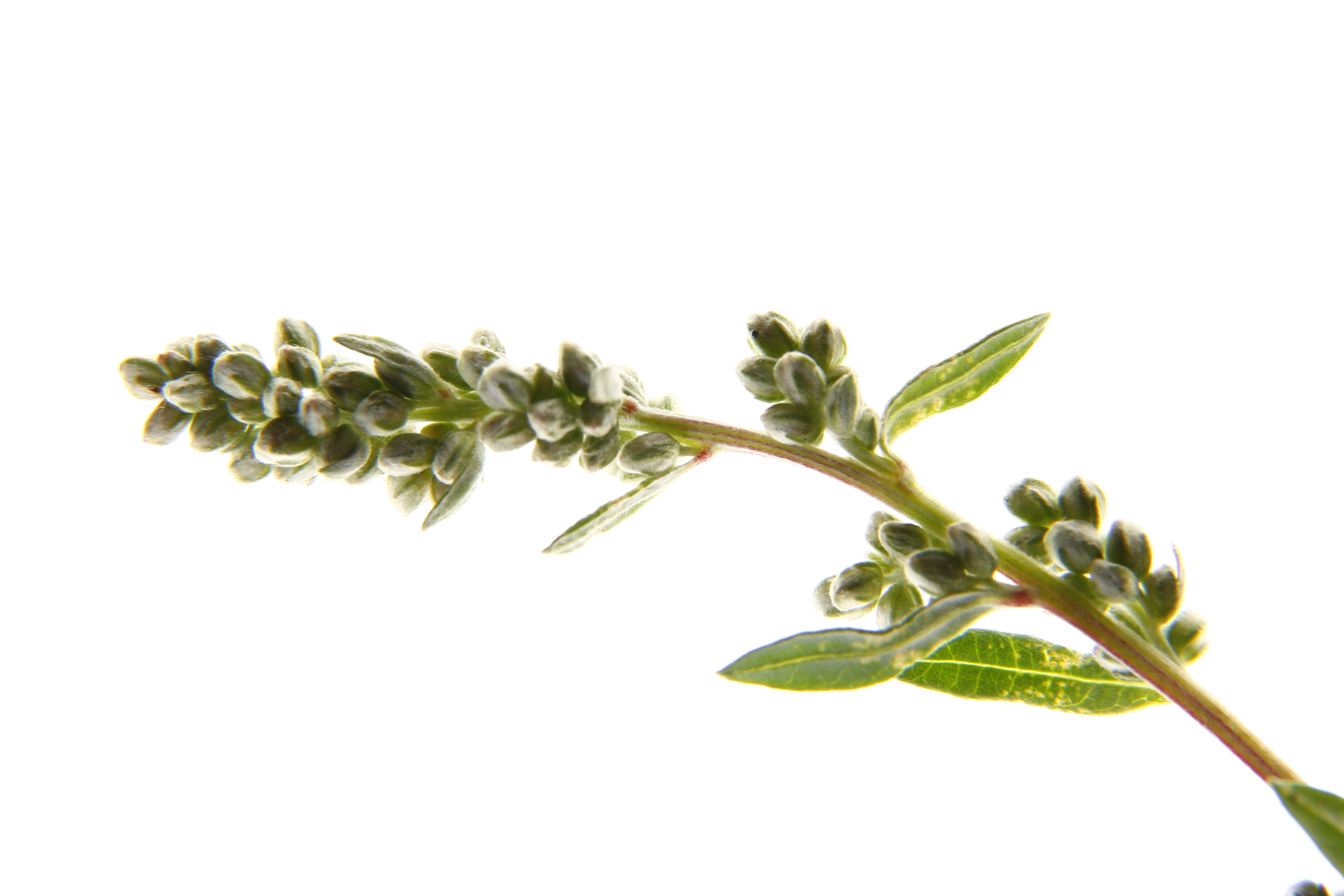WE BELIEVE IN SKIN HEALING
WE BELIEVE IN SKIN HEALING
POWERFUL ACTIVE INGREDIENTS
HEALING AND SOOTHING
BOTANICALS
The pillar of our formulations is to find the perfect balance and achieve
tangible results in a gentle way, without causing skin any stress or irritation. We focus on daily consistent skin care and introduce formulas that continuously treat and care for the health of your skin.
In the world we live in, we are exposed daily to environmental aggressors that contribute to skin damage: sunlight, infrared radiation, air pollution, smoke, you name it. As a result, our skin is constantly inflamed and we believe this is the root for all of our skin conditions.
We worked from scratch and packed our formulas with wound healer plants, adaptogens and anti-inflammatory ingredients to reverse the oxidative effect on skin, promote rapid healing of tissues and stimulate skin renewal.
In the world we live in, we are exposed daily to environmental aggressors that contribute to skin damage: sunlight, infrared radiation, air pollution, smoke, you name it. As a result our skin is constantly inflamed and we believe this is the root for all of our skin conditions.
We worked from scratch and packed our formulas with wound healer plants, adaptogens and anti-inflammatory ingredients to reverse the oxidation effect on skin, promote rapid healing of tissues ands stimulate skin renewal.
Our philosophy of skin healing also means we do not use substances and ingredients that are both unnecessary for the skin and may hinder the skin healing process:
We Do Not Use
Parabens, Sulfate Cleansers,
Phthalates, Synthetic Fragrances and Dyes,
Mineral Oils, TEA, SLS, Petrolatum,
Essential Oils, Drying Alcohols, Sicilones.
Our philosophy of skin healing also means we do not use substances and ingredients that are both unnecessary for the skin and may hinder the skin healing process:
Our philosophy of skin healing also means we do not use substances and ingredients that are both unnecessary and may hinder the skin healing process:
We Do Not Use
We Do Not Use
Parabens, Sulfate Cleansers,
Phthalates, Synthetic Fragrances and Dyes,
Mineral Oils, TEA, SLS, Petrolatum,
Essential Oils, Drying Alcohols, Sicilones.
Parabens, Sulfate Cleansers,
Phthalates, Synthetic Fragrances and Dyes,
Mineral Oils, TEA, SLS, Petrolatum,
Essential Oils, Drying Alcohols, Sicilones.
OUR INGREDIENTS
OUR INGREDIENTS
OUR INGREDIENTS
OUR
INGREDIENTS
Heritage: The medicinal use of plantago to treat various diseases goes back thousands of years. It has been known as a "Bandaid Plant", because its leaves used to be crushed and applied directly to the skin to support wound healing.
Skin Benefits: Plantago is most commonly used for its antibacterial and anti-inflammatory properties.
Oleic Acid - locks in moisture, reduces signs of dryness and sensitivity.
Allantoin, a powerful skin soothing agent - encourages cell growth and reduces the chance of scarring.
Linoleic Acid - builds ceramides, makes skin barrier stronger.
Heritage: The name Salvia comes from the Latin word salvare, which means “to heal” or "to be cured". Sage was used in ancient Egyptian, Roman, and Greek medicine. In Native American rituals, dried sage leaves are burned to promote healing, wisdom, protection, and longevity.
Skin Benefit: The antioxidant properties of sage help eliminate free radicals, increase circulation in the skin and assist in cell turnover.
Ursolic acid cleans skin due to its anti-septic abilities, making it suitable for acne-prone skin.
Carnosic acid, found in sage, can be used to treat for the UVA and UVB skin damage.
Heritage: Cultivated for over 5,000 years, rosemary plant history is steeped in legend, myth and folklore. A good source of iron, calcium and vitamins A, C, and B-6, rosemary has been used for its medicinal purposes for centuries.
Skin Benefits: Since it contains naturally powerful antioxidants, rosemary extract strengthens the capillaries and helps slow the effects of ageing on skin. Additionally, rosemary stimulates biological activity and cell growth to reduce fine lines and wrinkles. The anti-inflammatory properties of rosemary extract help to reduce swelling and puffiness of the skin. It also helps to heal burns and soothe the skin.
Heritage: Nettle use has been recorded as far back as the Bronze Age (3000 BCE – 1200 BCE), and it is still used in herbalism today. Nettle was used as a nutritive and gentle detoxing herb as well as for wounds and skin infections.
Skin Benefits: Nettle is a natural astringent, which helps tighten and firm the skin, and regulate natural sebum production. Rich in flavonoids, it protects skin from UV light damage. Being a strong adaptogen it reduces fatigue and toxic effects of stress on skin. Stinging nettle is one of the richest sources of chlorophyll in the plant kingdom, which helps fight breakouts, and reduce skin inflammation.
Heritage: Chamomile is one of the most ancient medicinal herbs known to mankind. In Europe, medicinal use of Chamomile has been recorded since the 1st century AD. Chamomile tea was also historically used by Egyptians, Greeks, and Romans to treat wounds and promote healing.
Skin Benefits: Chamomile helps relieve redness due to its anti-inflammatory properties. It is ideal for people who have sensitive skin, as well as inflammatory conditions like rosacea. Chamomile helps to protect against long-term and short-term skin inflammation, it helps reduce DNA damage caused by too much UV exposure.
Heritage: Aloe Vera has been used for a variety of medicinal purposes. It has been long used as a traditional medicine for inducing wound healing. Over the years, this plant has been known by a number of names such as ‘the wand of heaven’, ‘heaven’s blessing’ and ‘the silent healer’.
Skin Benefits: Aloe is also chock-full of antioxidants, and one antioxidant protein, in particular, called metallothionein, has been found to have a protective effect on skin that's been exposed to and damaged by UV rays. The plant is also incredibly hydrating, the leaf of the aloe vera plant is rich in water, particularly in the innermost layer, so it helps to hydrate the skin and lock in moisture.
Heritage: Shea butter is a skin superfood that comes from the seeds of the fruit of the Shea (Karite) tree. The history of Shea Butter as an invaluable skin care product dates back to Ancient Egypt. Queen Cleopatra always kept jars of pure, unrefined shea butter on hand.
Skin Benefits: The concentration of natural vitamins and fatty acids in shea makes it incredibly nourishing and moisturizing for skin. It is often used to remedy dry skin and to help protect the skin’s natural oils.
Shea aids in the skin’s natural collagen production and contains oleic, stearic, palmitic, and linolenic acids that protect and nourish the skin to prevent drying. With long-term use, many people report skin softening and strengthening as well as wrinkle reduction.
Heritage: Hedychium coronarium, called white ginger lily, is native to the Himalayas but has been widely cultivated in tropical Asia. Name comes from the Greek words hedys meaning sweet and chion meaning snow. The fragrant white flowers resemble butterflies and are the national flower of Cuba. It is said that during Spanish colonial times, women used to carry secret messages inside the flowers during to aid in Cuba’s independence.
Skin Benefits: The rhizomes are the reserve of vital metabolites for the plant. They are mainly composed of sugars, a real energetic source. Ginger lily acts as a multi-protector when exposed to blue light, UV and pollution. This detoxifying approach is contributing to a better brightness on the skin. The plant is also known for its ability to cleanse, tone and balance the skins delicate pH, providing optimum moisturizing benefits for a fresh healthy complexion.
Heritage: Native Americans have used jojoba for hundreds of years for many different purposes: for treating sores, cuts, bruises , and burns, as a diet supplement and as an appetite suppressant when food was not available; as a skin conditioner, for soothing windburn and sunburn ; as a cooking oil; as a hair or scalp treatment.
Skin Benefits: Jojoba oil closely mimics the skin's own sebum, making it an effective natural facial conditioner. Because jojoba oil is able to penetrate all the way down to the skin matrix, it can help ferry active ingredients like salicylic acid and retinol along with it, allowing them to do their best work.
Heritage: Sunflower was a common crop among American Indian tribes throughout North America. Seed was ground or pounded into flour for cakes, mush or bread. Parts of the plant were used medicinally ranging from snakebite to other body ointments. The oil of the seed was used on the skin and hair. The dried stalk was used as a building material.
Skin Benefits: Sunflower Oil is rich in linoleic acid, an essential fatty acid that studies have shown can help maintain skin’s natural moisture barrier and prevent trans-epidermal water loss — a key cause of skin dryness. Sunflower Oil for skin can help keep moisture in and also has been shown to have anti-inflammatory benefits, making it a great option for those with skin sensitivities .
Heritage: Mugwort's generic name is from that of the Greek moon goddess Artemis, a patron of women. Therefore it has long been considered an herbal ally for women with particular benefit in regulating the menstrual cycle. In Korea, mugwort is regarded as a healing herb for its antibacterial, anti-fungal, and skin-protective properties. Legend has it that mugwort was behind the creation of the first Korean dynasty.
Skin Benefits: Mugwort’s anti-inflammatory properties effectively target irritated, dry skin, while mugworts’ Vitamin E relieves redness on the skin. Vitamin E also helps to moisturize dry skin. Mugwort helps to eliminate toxins, stimulates skin renewal and brightens dull tone.


